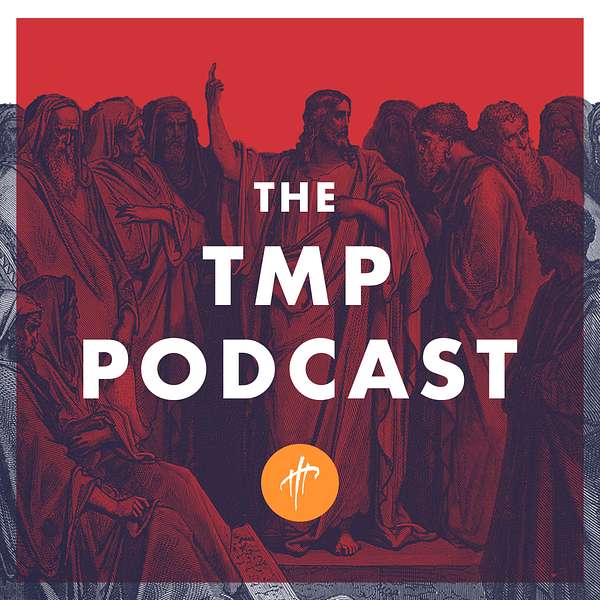
The TMP Podcast
The TMP Podcast
I Am What Others Say Or Think About Me | Carolyn Klassen | Identity Theft
One of the ways we can search out our identity is by basing it on what others say about us. We base our sense of self on what people think of us, or rather what we think they think of us. That sense of self exerts control over us, and so it affects how we live, and it influences whether we feel we have worth and value. If we do well in the eyes of others, we can feel good about ourselves. But if we do badly, our sense of identity can come crashing down. This has become amplified in the age of social media. The “like” button can tell us in real time what people think about us — and this has led to a serious increase in allowing others to decide our identity. In the Gospel of John, Jesus encounters a Samaritan woman at the well. She is a person who has experienced the negative side of what others have thought about her. The normal time for women to visit the well, set as it was at some distance from the town, would be at a cooler time of day, most likely first thing in the morning or late in the afternoon. This woman has come at the time when she is least likely to meet anyone. The likely reason for her non-social behaviour is because she has had five husbands and the man she is with now is not her husband. While we might jump to the assumption that this woman is a salacious provocateur—- it is important to note that in Jesus’ day, a woman could not leave, she could only be left. The woman at the well has had every man run out on her. Her life is a mess and she likely lives under the weight of the opinions of others. But Jesus does not see her as others do. Like the woman at the well, we are offered to drink of living water and not thirst again. With Jesus, we learn we can either live for the approval of others or live from the deep identity as a child of God.